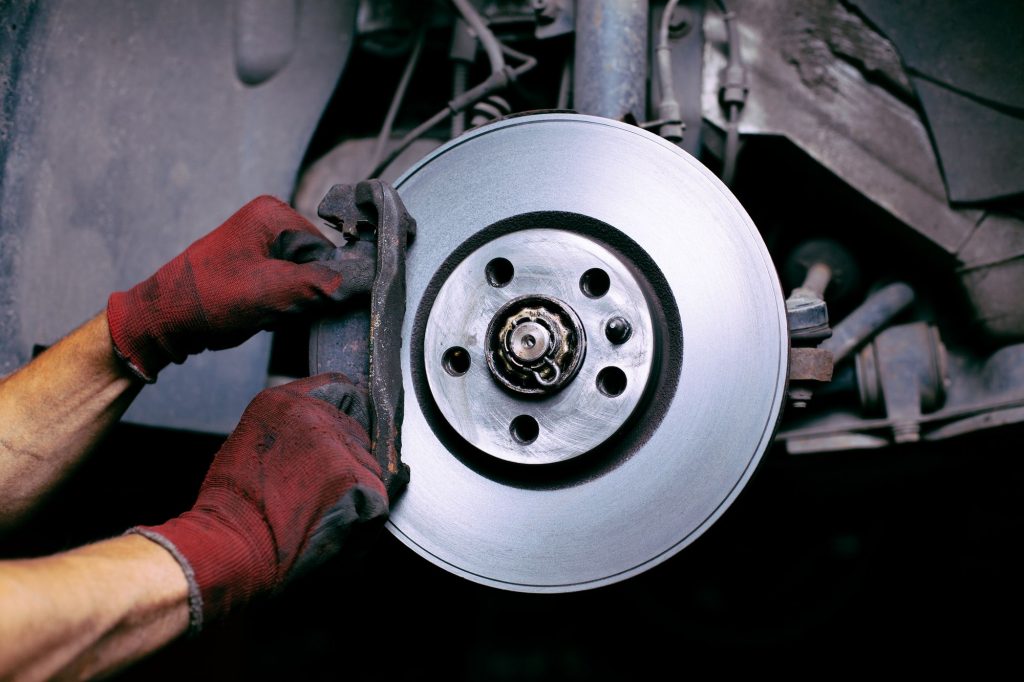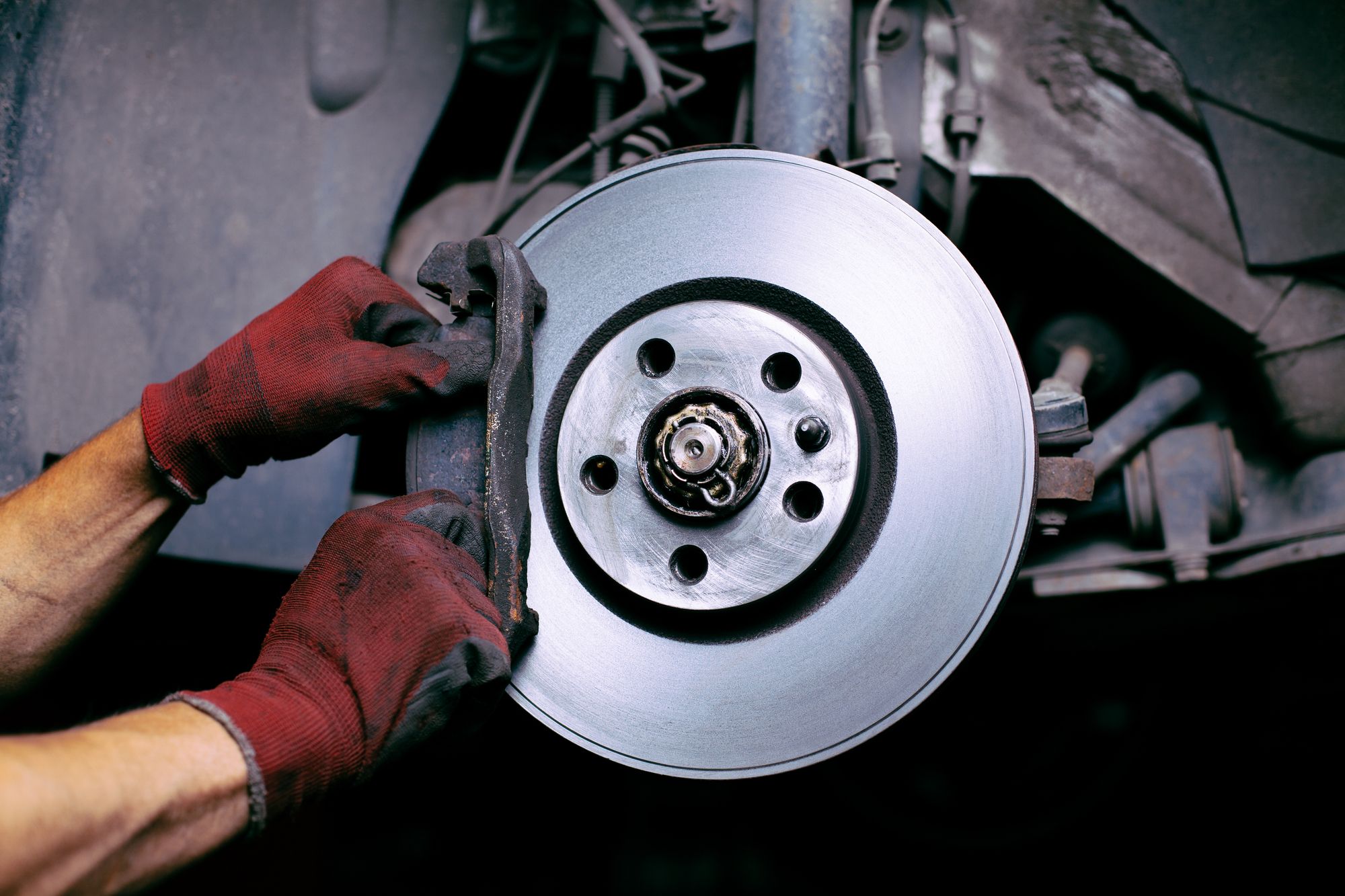Brake squeal is a frequent issue that can be caused by worn brake hardware, pads, or rotor finish. However, are noisy brakes hazardous or merely bothersome? Brakes are a crucial safety component of a car that includes various parts and components. They are designed to be noisy when they’re going bad, which is a good thing. It’s always better to discover that your brakes are going bad by hearing a squeak than by not being able to stop. Fortunately, most brake noises are normal and do not indicate a problem.

Constant or unusual brake noise can be a sign that the brake hardware needs lubrication or that components in the brake system are wearing out and need servicing. Therefore, it’s always better to be safe than sorry. Take a common sense approach and check your brakes if they’re persistently noisy or if the noise appears to be increasing.
Brake pads are composed of a friction material attached to a steel backing plate. When the brakes are applied, fluid pressure causes the brake calipers to clamp the pads down on the disc rotors, creating heat. This heat (friction) is created by the pads pressing against the rotors, which slows and eventually stops the car.
Brakes squeak, squeal or screech when vibrating brake pads produce a sound in a specific frequency. That sound, however, doesn’t mean that your brakes are failing. If your brakes grind or grab, or your car pulls to one side when braking, that’s a different story. In those cases, ask a mechanic to check your brakes immediately.
There are specific causes of brake noise, such as temperature changes, wear indication, and the type of brake pad used. Brake pad friction material can be made from composite materials, including semi-metallic, non-asbestos organic (NAO), low-metallic NAO, and ceramic. Semi-metallic pads have excellent stopping power but are noisy and cause premature rotor wear.
Non-asbestos organic (NAO) brake pads effectively reduce vibration, but wear out quickly. Low-metallic NAO brake pads exhibit excellent stopping power, but are noisy and produce dust. On the other hand, ceramic brake pads, while the most expensive option, offer good stopping power, produce minimal rust or dust, and generate less noise.
Worn, broken, or missing brake hardware, such as shims, clips, springs, or loose fasteners, are the primary causes of brake noise. These issues can cause the pads to drag on the rotors, overheat, vibrate, and wear unevenly and more rapidly.
It is essential to ensure safety when repairing brakes, including wearing a mask, safety glasses, and gloves.
Pro tips for fixing squeaking brakes include always replacing all brake hardware, covering the backing plates with anti-squeal lubricant or insulating gel, and cleaning all hardened steel parts with non-chlorinated brake cleaner and a plastic brush. All contact points should be cleaned of rust and corrosion, and mating parts and slide pins should be lubricated with special brake grease or anti-seize compound. To avoid damaging the pad friction surface, do not apply lubricants or greases. Finally, before installing the wheel, the rotors (not the pads) should be thoroughly cleaned with brake cleaner to remove any grease or fingerprints, and a pan should be placed underneath.
